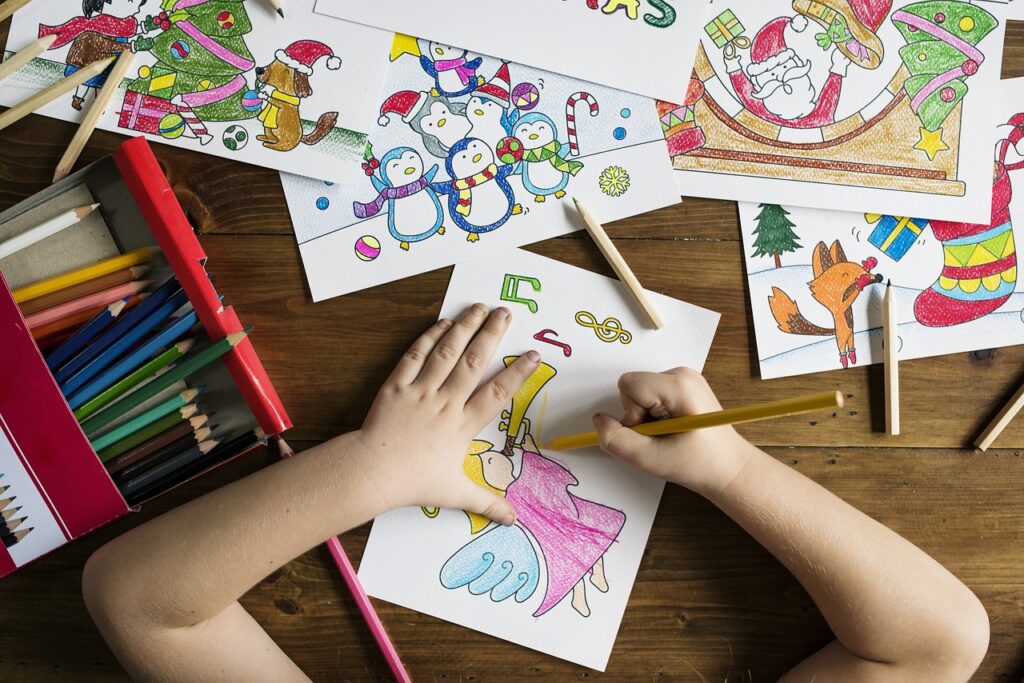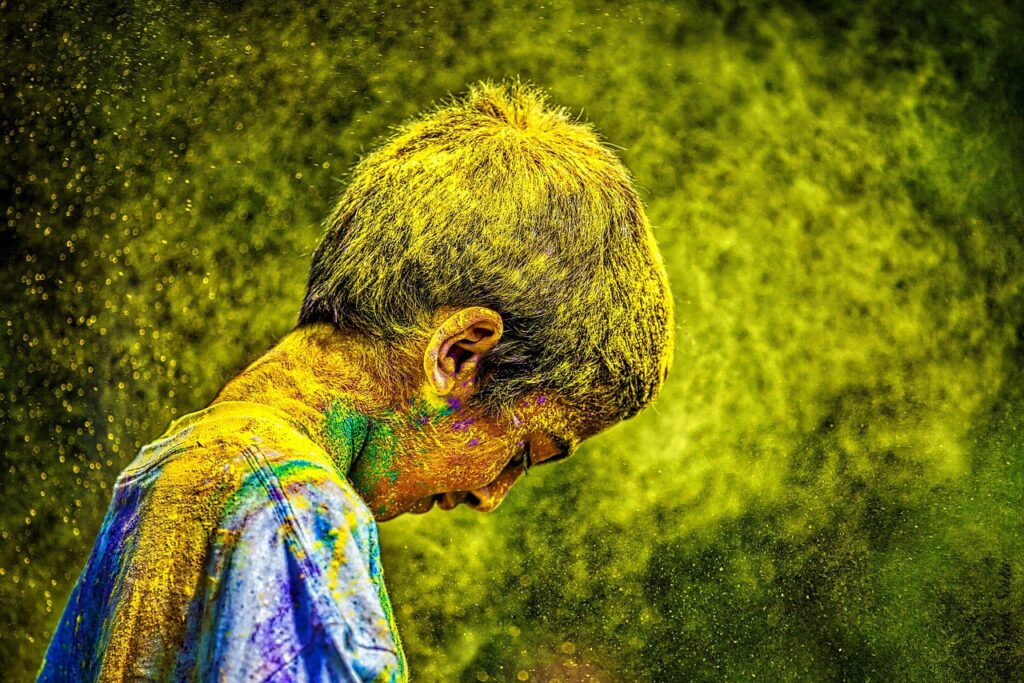As parents, we’re constantly worried about our children’s futures. Will they get into a good college? Will they find a stable career? Will they be financially secure? But what if our relentless focus on preparing them for traditional career success is actually limiting their potential for happiness and fulfillment? Here’s why nurturing creative expression in our children might be the most important gift we can give them.

1. Creativity Builds Intrinsic Motivation
When children engage in creative activities, they discover the joy of doing something for its own sake, not for grades, praise, or external rewards. A child who paints because they love the feel of brush on canvas, or writes stories because they have something to say, develops an internal compass for what brings them alive. This intrinsic motivation serves them throughout life, long after external motivators fade.
2. Creative Kids Become Adaptable Adults
The job market our children will enter is vastly different from ours. Many of the careers they’ll pursue don’t even exist yet. Creative thinking—the ability to see connections, generate novel solutions, and adapt to changing circumstances—is the skill that will serve them regardless of how the world changes. Kids who learn to think creatively become adults who thrive in uncertainty.
3. Expression Teaches Emotional Intelligence
When children create—whether through art, music, writing, or imaginative play—they’re processing emotions, exploring relationships, and working through complex feelings. A child who draws their anger, writes about their friendships, or acts out family dynamics through play is developing emotional intelligence that will serve them in every relationship and challenge they face.
4. Creative Children Become Confident Problem-Solvers
Every creative project teaches children that there are multiple ways to approach a challenge. When their first idea doesn’t work, they try another. When they make a “mistake,” they incorporate it into something new. This resilience and flexibility in problem-solving becomes a life skill that extends far beyond art class.
5. Creativity Honors Your Child's Unique Perspective
Career preparation often emphasizes conformity—learning the “right” answers, following prescribed paths, meeting standard expectations. Creative expression celebrates what makes your child different. Their unique way of seeing the world, their particular interests and talents, their individual voice—these become strengths rather than quirks to be corrected.
6. Creative Skills Build Real-World Success
Contrary to the “starving artist” stereotype, creativity is increasingly valuable in the marketplace. Employers seek people who can innovate, communicate effectively, think outside the box, and collaborate creatively. Kids who develop creative skills aren’t choosing between success and fulfillment—they’re building both simultaneously.
7. Expression Creates Authentic Self-Knowledge
Children who regularly engage in creative activities learn to trust their own instincts and preferences. They discover what energizes them, what they’re naturally drawn to, and what brings them satisfaction. This self-knowledge becomes the foundation for making choices throughout life—from friendships to career paths—that align with who they really are.
8. Creative Practice Builds Persistence
Every parent knows the frustration of a child who gives up at the first sign of difficulty. Creative projects teach children to work through challenges, iterate on ideas, and find satisfaction in the process rather than just the outcome. A child who has struggled through learning to play a song or finishing a drawing develops grit that serves them everywhere.
9. Creativity Fosters Connection and Community
When children share their creative work—performing in a school play, displaying artwork, reading their writing aloud—they connect with others through authentic expression. These connections tend to be deeper and more meaningful than those based on competition or achievement. Creative communities often become sources of lifelong friendship and support.
10. The World Needs What Your Child Has to Offer
Every child has a unique perspective, imagination, and way of expressing themselves. The stories only they would tell, the solutions only they would think of, the way only they see the world—these contributions matter. When we focus solely on preparing them for existing careers, we might be training them to fit into systems rather than empowering them to create new ones.
Practical Ways to Shift Your Parenting Focus
Make time for unstructured creative play. Resist the urge to fill every moment with organized activities or educational goals. Boredom often leads to the most innovative thinking.
Value process over product. Ask about your child’s creative process rather than immediately evaluating the final result. “Tell me about how you decided to use these colors” is more valuable than “That’s pretty.”
Model creative thinking yourself. Let your children see you approaching problems creatively, pursuing your own creative interests, and finding joy in expression rather than just achievement.
Celebrate creative risks. When your child tries something new or approaches a problem differently, acknowledge their courage to experiment, regardless of the outcome.
Limit screen time in favor of creation time. While technology has its place, hands-on creative activities develop different neural pathways and problem-solving skills.
Connect creativity to real-world applications. Show your children how creative thinking applies to everything from cooking dinner to solving family logistics to understanding math concepts.
Support their interests, even if they seem impractical. The child obsessed with dinosaurs might become a paleontologist, or they might become an engineer who learned persistence through fossil research.
Balancing Dreams and Reality
This doesn’t mean abandoning practical considerations or avoiding academic rigor. Instead, it means expanding your definition of what prepares children for success. A child who can think creatively, express themselves clearly, work through challenges, and connect authentically with others is prepared for whatever future they choose to create.
The Bottom Line
When we focus primarily on career preparation, we’re preparing our children for a world that already exists. When we nurture their creative expression, we’re empowering them to create the world they want to live in. The skills, confidence, and self-knowledge that come from creative expression don’t just make children happier—they make them more capable of contributing meaningfully to whatever path they choose.
Your child’s creativity isn’t a hobby to squeeze in around “real” preparation for life. It is preparation for life—for a life that’s authentically theirs and genuinely fulfilling.

